A complete guide on Cash
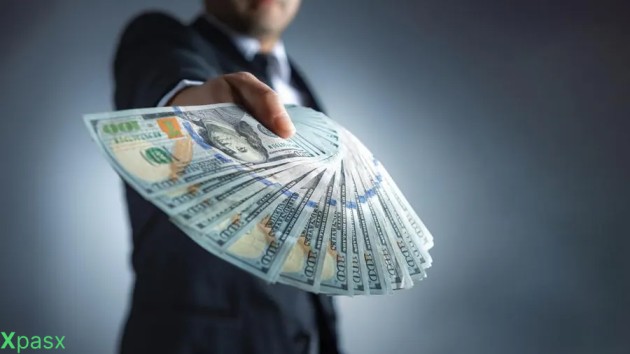
Table of Contents
Cash, in terms, refers to money that you can physically hold and use for purchases. It consists of coins and paper bills that you keep in your wallet or piggy bank for transactions. Unlike using a card or making payments cash is the method of paying for goods without the need, for advanced technology.
In this article on xpasx, we will discuss this form of money in detail.
Understanding cash
Cash is, like the representation of money that we use in our day-to-day transactions. It’s the currency made up of coins and paper bills that we carry in our wallets and use to buy things. It’s like the backbone of how we deal with money making it easy for us to exchange value without needing all the fancy digital methods.
When you pay for your expenses with this form of money you’re basically giving pieces of paper or metal coins in return for the items you want to purchase. The simplicity of this currency is one of its features. It’s wide, and doesn’t require any special technology or systems. Whether you’re shopping at a store or getting a coffee from your café cash lets you complete transactions quickly and effectively.
Cash also offers a sense of security and privacy. Unlike payments that create records, cash transactions are mostly untraceable. This aspect can be attractive to those who value their privacy and don’t want every purchase they make tracked digitally.
But let’s face it there are downsides, to using cash. Carrying around loads of bills can be inconvenient – not to mention the risk of losing it or having it stolen.
Dealing with money can be a hassle right? Hey, cash is holding its ground sticking to its ways while the world, around us, goes all digital. From grabbing your cup of coffee to splurging on something cash remains the tried and true method, for managing our finances.
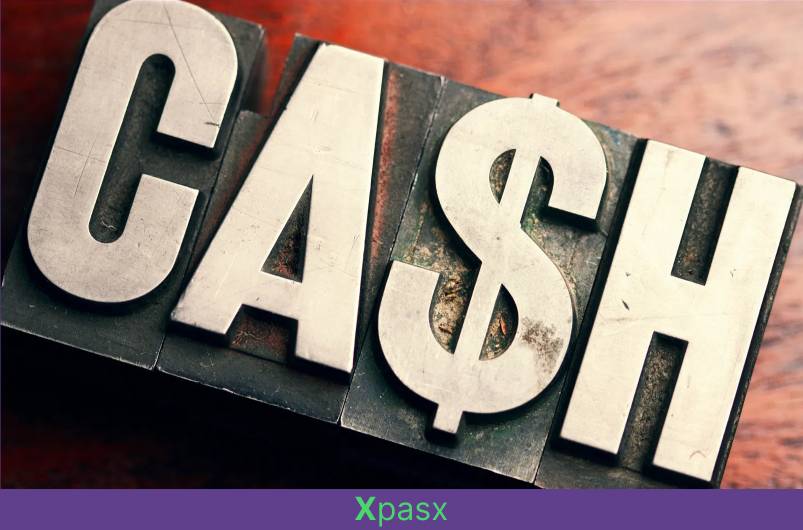
History of Cash
Cash has a history that spans thousands of years growing alongside civilization, commerce, and our financial practices. Starting from bartering in times, to the currency we rely on today cash has continuously adjusted to meet the evolving demands of individuals worldwide.
In times before money was a thing folks traded goods and services through bartering. Bartering had its challenges like needing both parties to want what the other had. To tackle this they started using items, like grains, animals, and valuable metals such as gold and silver as a form of exchange. People then used a variety of things as currency – stuff, like grains, animals, and precious metals. They called it commodity money because everyone agreed it had value and could be used for purchases.
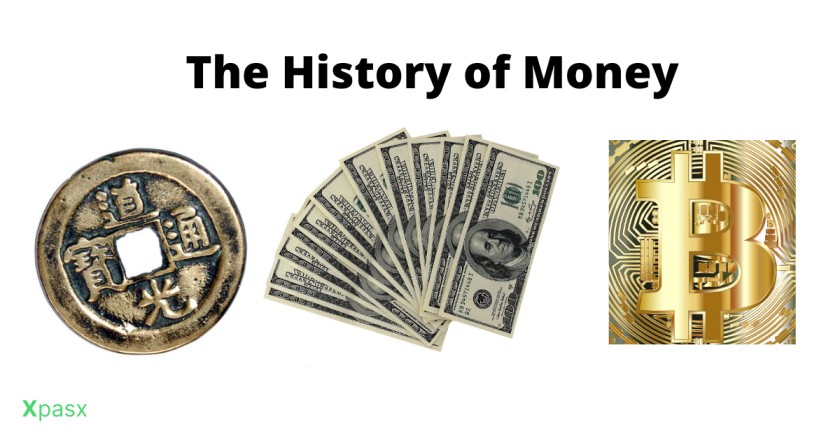
Metal coins have been around, for a time dating back to 600 BCE when the kingdom of Lydia, in present-day Turkey, began minting standardized metal coins made of electrum which is a mix of gold and silver. These coins featured symbols or images to indicate their value and origin. People quickly adopted these coins as a way to make payments and soon enough they became widely used as the preferred method of conducting transactions for years.
Paper currency, which dates back, to the Tang Dynasty in 7th century China initially served as a note provided by traders. Eventually adopted by governmental authorities. In its stages, these banknotes symbolized ownership of amounts of valuable metals stored securely. The utilization of paper money expanded across the world during the period through the introduction of bills of exchange and subsequently official government-issued notes. As time progressed paper currency gradually supplanted coins as the medium of exchange, in numerous regions globally.
The development of banking systems and the establishment of banks, during the 17th century led to the introduction of fiat currency. Fiat currency derives its value from government authorization as tender rather than being backed by intrinsic worth like commodity money. Governments and central banks are responsible, for issuing and regulating fiat currency, which is widely accepted based on legitimacy. Presently the majority of nations utilize fiat currency as their medium comprising government-issued banknotes and coins.
In the era digital currencies, like Bitcoin and other cryptocurrencies have become alternatives to traditional cash. Unlike money, these digital forms exist online without a central authority, like a government or central bank overseeing them. While they offer more transactions people are still debating their viability and exploring ways to regulate them effectively.
Exploring the history of currency is akin, to delving into the evolution of ingenuity, innovation, and ongoing quest for reliable exchange methods. Starting from bartering in times, to the digital currency we are experimenting with today money continues to adapt, seamlessly integrating into the dynamic landscape of our constantly evolving marketplace.
Lorem ipsum dolor sit amet consectetur adipisicing elit. Quam obcaecati vel ad unde est illo at. Labore excepturi officia dolores!
+1 (513) 312-2569
Why is cash important?
Cash plays a role, in our economy silently supporting its operations and stepping in when we require it. It is universally recognized as valuable in facilitating transactions for individuals and businesses alike. Unlike complex trading methods, it simplifies the process of buying and selling ensuring a flow of commerce each day. Whether you’re purchasing groceries settling your barber bill or tipping your server cash provides a direct means of exchanging value.
This form of money resembles that friend who’s ever-present during times of need. Easily accessible in emergencies and always willing to assist. Unlike payment systems that rely on devices and banking services, physical money is inclusive, to all individuals regardless of their socioeconomic standing or technological expertise. In areas where accessing banks or utilizing transactions proves challenging having cash available proves to be a true lifesaver.
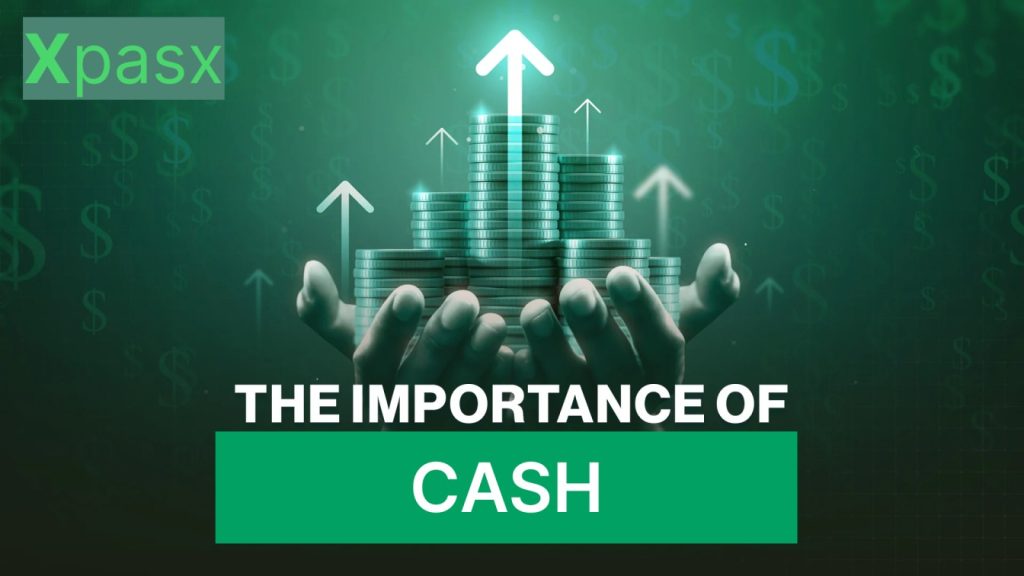
Money in its physical form provides a sense of security and autonomy that digital transactions cannot replicate. When you use cash the transaction usually leaves no trace beyond the exchange of money and goods. This anonymity appeals to those who value privacy and prefer dealings. Moreover in times of chaos, like disasters or system malfunctions cash emerges as a savior when electronic payments fail. Having some money on hand can be a lifeline during unforeseen circumstances aiding individuals and communities in staying resilient and meeting their needs.
Reflecting on it further cash serves as a companion that may not shine brightly but always supports you when needed. It acts as your companion for purchases and becomes the safety net, in challenging situations. Despite the abundance of payment methods, it maintains its relevance by offering us the flexibility to manage our finances according to our preferences at any time or place.
Is cash going away for good?
While cash may not be as widely used, as before in some areas it is likely to stick around for a while. Nowadays we’re seeing more payment options emerging, such as credit cards, digital wallets, and even cryptocurrencies giving us ways to make purchases. Here’s why it is expected to stay relevant despite the growing popularity of alternative payment methods;
- Accessibility; Cash is accessible to everyone regardless of their situation or access to banking services. In today’s tech world, many people still rely on this currency for their everyday transactions, especially in areas where banks are scarce or where digital technology isn’t prevalent.
- Financial Privacy; Cash provides a level of privacy and anonymity that digital transactions may lack. While digital payments leave trails of transactions cash transactions typically do not leave any lasting record beyond the exchange of money and goods. This aspect of cash can be attractive to individuals who value their privacy and prefer dealings.
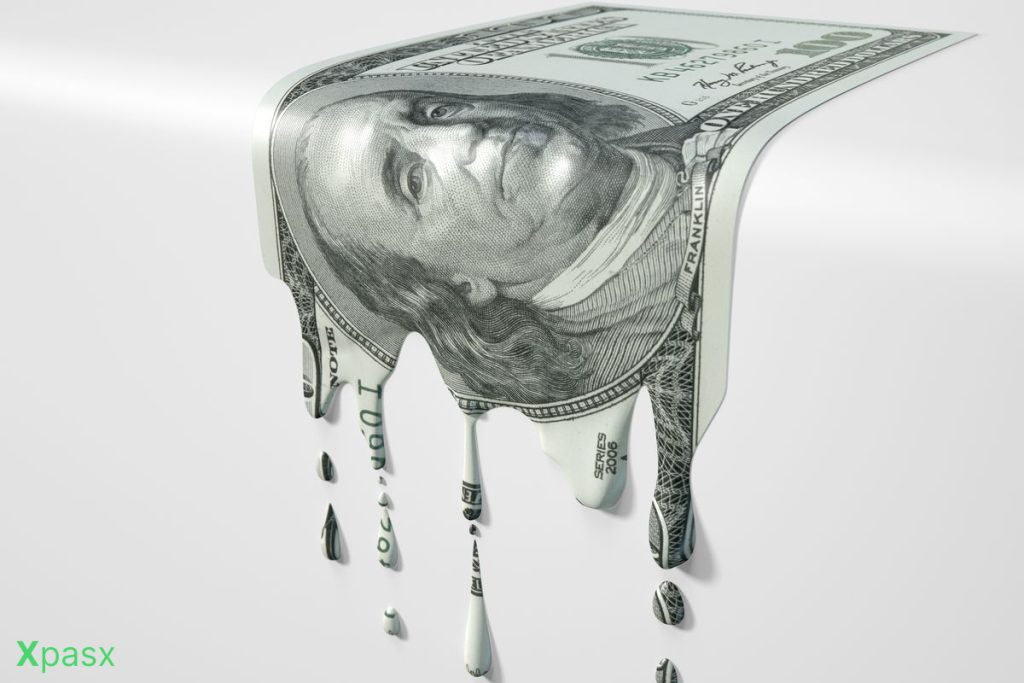
- Emergency Backup; Cash acts as a fallback option during emergencies or disruptions, to payment systems.
- During emergencies, like disasters or power failures having cash on hand proves invaluable when electronic payments aren’t an option. Stashing away some extra money can make a difference when unexpected hurdles arise granting you the freedom to tackle any situation that arises smoothly and without missing a beat.
- Many people still prefer keeping cash available for expenses such, as buying coffee tipping service staff, or when dealing with smaller businesses that may not accept cards or digital payments. Older individuals in particular might stick to using it out of habit or personal preference.
While digital currencies and electronic payment options continue to gain popularity physical money is unlikely to vanish. It appears that it will remain a part of our lives alongside payment technologies. Ultimately the key is finding what suits you best and seamlessly integrates into your routine.
Lorem ipsum dolor sit amet consectetur adipisicing elit. Quam obcaecati vel ad unde est illo at. Labore excepturi officia dolores!
+1 (513) 312-2569
Is cash better than other forms of money?
Deciding whether cash is superior, to payment methods ultimately depends on what suits your circumstances and the specific requirements of each transaction. While cash has its appeal it may not always be the choice when compared to alternative ways of managing your finances. Here are some factors to ponder when assessing whether physical currencies trump forms of currency;
Tangibility and Consciousness; Cash is physical allowing you to handle it directly during transactions. The sensation of holding bills and coins can help you stay mindful of your spending habits and facilitate sticking to your budget. Conversely, digital forms of money like credit cards or mobile payments prioritize convenience by enabling transactions without the need to carry money.
Privacy and Safety; Cash transactions offer a level of privacy and security that may not be as prominent in transactions. When using cash there is typically no trail, beyond the exchange of money and goods. This aspect can be appealing if you value privacy and prefer not to leave behind a footprint on your purchases.
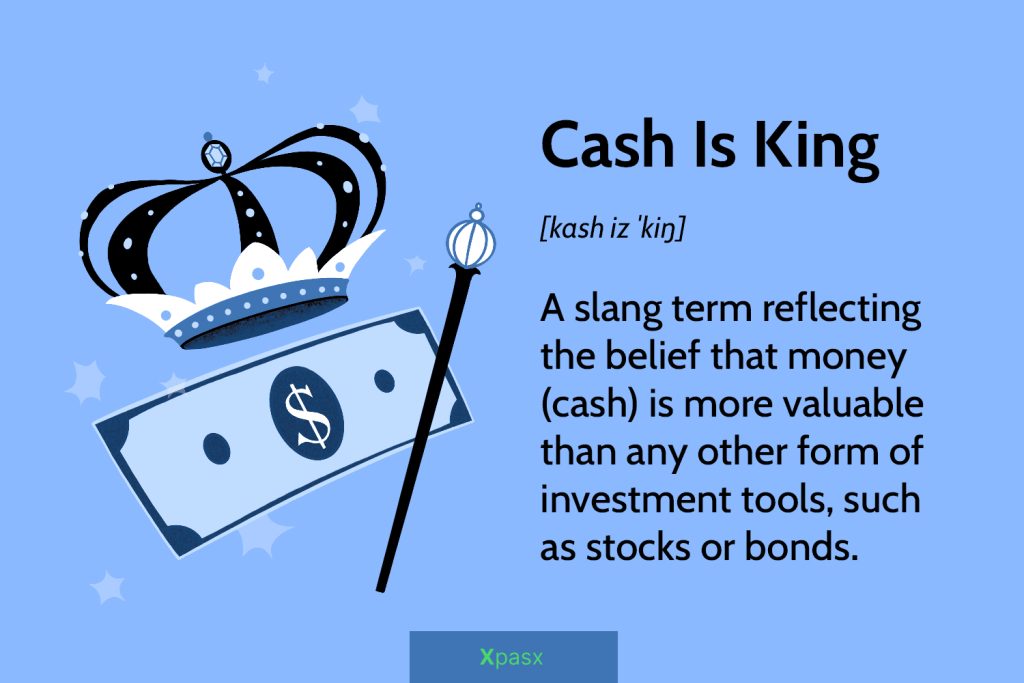
You know what? Digital payment methods come prepared, with some features like built-in security measures such as encryption and fraud protection. So when it comes to safeguarding your money they’ve got you covered.
Acceptance and Convenience; Cash is like the language of transactions – everyone understands it! Whether you’re purchasing groceries at the store or grabbing a coffee at your café it is always a reliable option. However, times are. Now you can swipe, tap or even use your phone to make payments at places than ever before. It’s as if Cash’s trendy tech-savvy relative has joined the scene! Furthermore, it may not be easily accessible for individuals without access to banking services or those who prefer to avoid carrying money.
Emergency Preparedness; Keeping an amount of cash on hand can come in handy for emergencies or unexpected situations where electronic payment options might not be available. Having cash readily available can help cover expenses during times of urgency. On the other hand, digital money offers the convenience of accessing funds remotely which can be beneficial, during emergencies when physical money may not be easily accessible.
Ultimately the decision of whether cash is superior, to forms of money boils down to what suits you best. Money in its physical form, has its advantages, such as being physical, discreet, and widely accepted. However, let’s face it digital alternatives offer convenience and accessibility. Therefore when selecting your go-to companion consider what holds the value for you and aligns, with your financial strategy.
Final Word
Money at its core refers to cash. Coins and bills. Used for buying and selling goods and services. The concept of money has evolved significantly over time originating from the barter system where goods, like livestock or crops, were exchanged as currency. This progression led to the introduction of coins and paper money. It’s fascinating how cash has transformed, isn’t it? Cash has been a method for conducting transactions for years offering a straightforward and dependable way for people to make purchases without any complications. Whether you’re shopping for groceries at the store or paying for a haircut cash has always been there to support you.
Despite the rise in payment options physical money continues to hold significance for reasons. Its physical nature promotes awareness and budgeting since individuals can physically handle their money and monitor their expenses. Cash transactions are akin to having your rendezvous. They are discreet, secure, and ideal when you prefer confidentiality, in your transactions. Moreover, cash serves as a medium of exchange that is accepted everywhere even in remote areas untouched by traditional banking services. In times of uncertainty, you can always rely on fashioned cash without any hesitation.
However, using cash does have its downsides. Carrying a bundle of bills can be cumbersome akin, to hauling a load. There’s also the worry of misplacing or losing it all. Moreover, in today’s world of online shopping and remote money transfers cash is rather impractical and almost as useless as a screen door on a submarine. Despite its nature cash maintains its relevance as a player in the realm of finances. Its simplicity and familiarity offer a sense of security and comfort in a digital landscape. Ultimately the decision between using physical forms of money or opting for payments depends on what works for you at that moment – similar, to choosing the right pair of shoes for an occasion.

- To learn more about cash read our series of articles and learn about its different forms, and how to make and manage cash the right way:
Apple Cash – Cash App – Free Cash – Cashcow – Moncash – Square Cash – Cash for Steps – Cashout – Smart Cash – Cash All – Instant Cash Advance – Money Transfer App – Borrow Money Instantly – I Need Money Today for Free – Cash a Check Online – Make Money From Your Phone – Instacash – Solitaire Cash Legit – Cash Check Online Instantly – Instant Money transfer – Cash Up – Zelle Money Transfer – Cash N Go – Cash Walk – Qmee Surveys – Get Cash – Cardless – My Daily Cash – CrazyCash – Lucky Cash – Cash E – Nodle Cash – Play and Earn Money – MT Cash – Cash Me – Real Cash – Cash Karma – Snap Cash – Hep Debit Card – Cash Magent